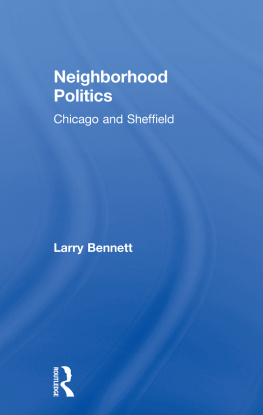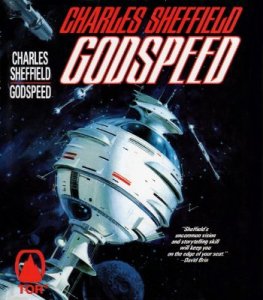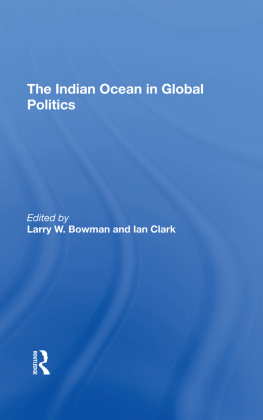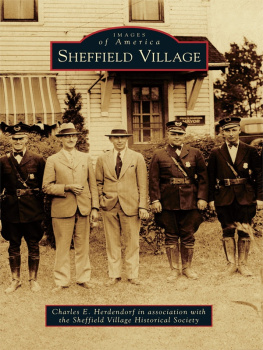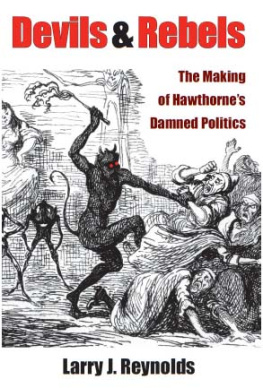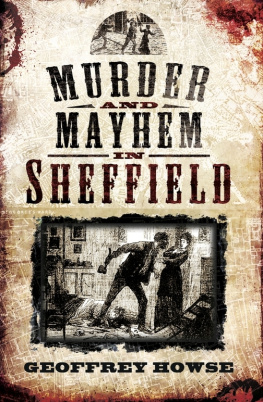Copyright 1997 by Larry Bennett
All rights reserved
First published by Garland Publishing, Inc.
This edition published 2013
by Routledge
Routledge
Taylor & Francis Group
711 Third Avenue New York, NY 10017
Routledge
Taylor & Francis Group
2 Park Square, Milton Park Abingdon, Oxon, OX14 4RN
Library of Congress Cataloging-in-Publication Data
Bennett, Larry, 1950
Neighborhood politics: Chicago and Sheffield / Larry Bennett.
p. cm. (Garland reference library of social science; v. 1063)
Includes bibliographical references and index.
ISBN 0-8153-2112-0 (alk. paper). ISBN 0-8153-2113-9 (pbk.:
alk. paper)
1. Neighborhood governmentIllinoisChicago. 2. Neighborhood
governmentEnglandSheffield. I. Title. II. Series.
JS713.B45 1997
321.8'3dc21 97-17787
CIP
Cover photographs by Larry Bennett depict replacement housing on former council estate in Sharrow, Sheffield, England (top), and non-profit housing in Uptown, Chicago, Illinois (bottom).
Paperback cover design by Robert VanKeirsbilck.
This book is the outcome of a small project that grew and grew. In the fall of 1990 the Chicago-based Policy Research Action Group (PRAG) commissioned me to do a study of the Uptown area, to which my wife, Gwyn, and I had moved in 1988. We had become modestly involved in local neighborhood issues, and I was interested in testing my ability to do an in-close investigation of a neighborhood with a reputation for persistent internal political strife. The first fruit of this work was a report for PRAG, "Uptown: Port of Entry, Hotbed of Movements, Contested Territory," which I completed in mid-1991. Meanwhile, in conjunction with my university's Foreign Study Program, I spent the fall of 1991 in Sheffield, England. With the luxuries of uncommitted time and no specified research agenda, I set about familiarizing myself with Sheffield and its neighborhood structure. At the back of my mind was the prospect of identifying a Sheffield neighborhood with sufficient historical and institutional parallels to Uptown to make for a provocative comparative analysis. As I note in , comparative research has emerged as a growth field in urban studies; though at this point, textured neighborhood-level comparison has not been characteristic of this work.
Armed with a general sense of Sharrow's neighborhood history, notes from a few suggestive interviews conducted in the fall of 1991, and a supertanker load of anxiety, I returned to Sheffield in the summer of 1993. The bulk of the Sharrow research was conducted in the summers of 1993 and 1994. Although much of my attention in 1993 and 1994 was devoted to Sharrow, Uptown did not stand still. Consequently, I have pursued a variety of Uptown developments, controversies, and contacts since the main portion of the Uptown interviewing was conducted in 1990-91. In the chapters that follow I have attempted to link a detailed account of these two areas' neighborhood trends and organizational developments to the academic and public affairs literature interpreting the roles of neighborhoods and community organizations in contemporary cities.
Among the daunting aspects of examining Sharrow and Uptown are their ambiguous contextual parallels. Routine municipal services, housing, and environmental issues are matters of great concern in each neighborhood, and often for approximately the same reasons. However, their respective local governmental arrangementsChicago's mayor-centered city government set amid a complicated structure of independent local jurisdictions, Sheffield's council-centered municipal government set within a broader structure of regional government operate in distinctive ways. And furthermore, Britain's unitary state insures that municipal governments are more directly subject to shifts in national policy than are their American counterparts. Yet even this point must be made in a guarded fashion: since the early 1980s the national regimes in both Britain and the United States have exhibited analogous ideological movements. As a practical matter, rather than devoting specific sections of this text to discussions of the continuities/discontinuities in governmental arrangements, national urban policies, or even salient terminologies, I have chosen to incorporate reference to these contextual variations directly into the discussions of the two cities and two neighborhoods.
A number of individuals and institutions have made important contributions to this project. In London, Khalid Khan and Susan Monks provided a most amenable staging area for my forays to Sheffield. In Sheffield, Patrick Seyd and Debora Green have been great friends. Among my Sharrow contacts, Margaret Howard, Mick Kerrigan, and Ann Wilson have been wonderful companions as well as informative sources. In particular, Margaret's and Mick's records allowed me to discuss the Broomhall Tenants Association and the Sharrow Street Residents Group in a much more comprehensive way than otherwise would have been the case. In Uptown, Rob Bagstad, Jill Donovan, and Denice Irwin have provided me with far more than local information. Tlwo DePaul undergraduates, Ellen Gorney and Marilee Penn, were very helpful informantspassing on to me their field notes from internships in a pair of social service agencies. DePaul University made much of my research possible, via a College of Liberal Arts and Sciences summer research grant in 1993, as well as University Research Council research expense support in 1994 and a research leave for the fall of 1995. I did a considerable part of my early background research on Uptown in Chicago's Municipal Reference Library (whose collection has been relocated to the Harold Washington Library). At the Municipal Reference Library Tom Callanan was extremely helpful and supportive of my work. I was also the recipient of expert assistance from the staff of Sheffield's Local Studies Library. In preparing this manuscript the team at Jade Publishing has been remarkably adept with map preparation and text formatting. A friend and colleague, Phil Nyden, got me started on this project and over the years has been a provocative co-interpreter of Chicago's far North Side. Janet Abu-Lughod's criticism of the manuscript-in-progress has been pointed and illuminating. As an editor, David Estrin has been masterly: supportive, concise in his opinions, and open minded. Lastly, I wish to thank Gwyn Friend: as strategist, first-draft critic, and simply, as herself.
NEIGHBORHOOD POLITICS
Chapter One
Neighborhoods, Community, and Grassroots Action
On the evening or July 15, 1968, a public meeting brought together several dozen residents of the Uptown neighborhood on Chicago's North Side. Uptown is familiar to most Chicagoans as the poor relation among the city's otherwise affluent north lakefront neighborhoods. In the late 1960s Uptown was an economically mixed area in which well-to-do residents on the community's east sidethat is, along Lincoln Park and just back from Lake Michiganlived in uncomfortable proximity to a large, low-income population inhabiting blocks of rundown apartment buildings extending about a mile to the west and away from the lakefront. Those attending this particular gathering were sitting in on the deliberations of the Uptown Conservation Community Council (CCC), a board comprised of Uptown residents with the mandate to review the City of Chicago's long-awaited urban renewal plan for the community.



